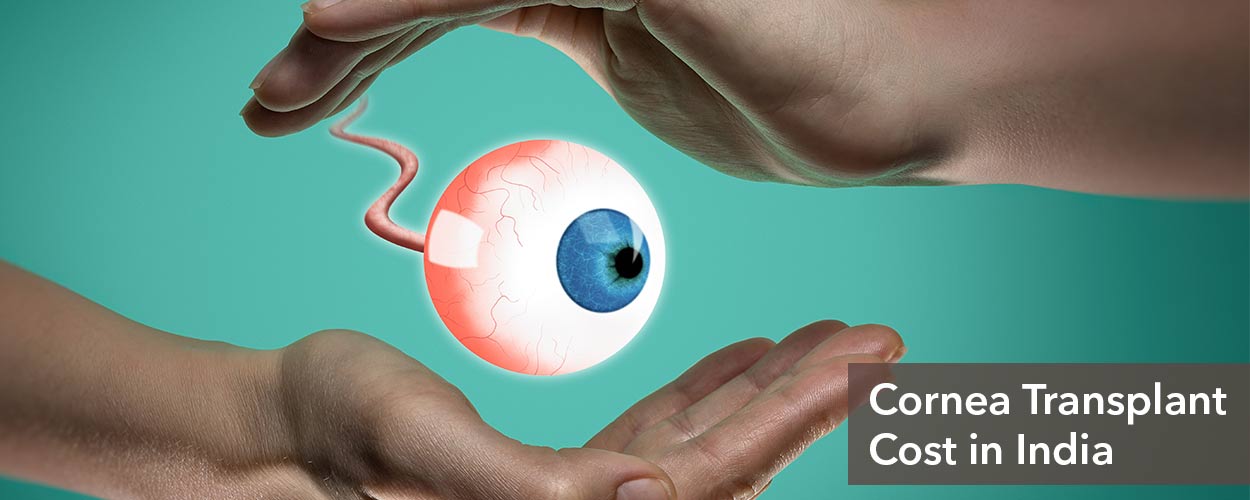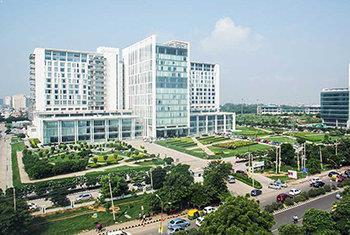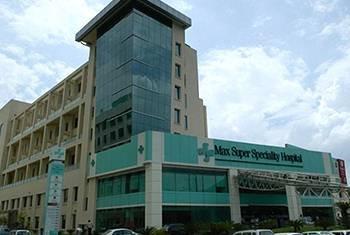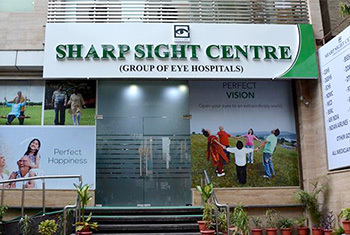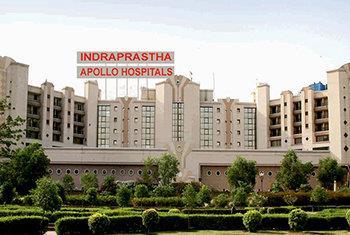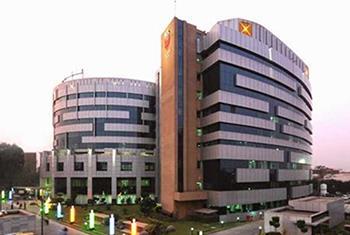How to prepare before a corneal transplant surgery in India?
Before a corneal transplant, the patient will undergo a series of medical evaluation and eye examinations. The medical team will take measurements of the eye to determine the size of donor corneal tissue needed. Also, if the patient has any underlying eye problem that may cause problem during the surgical process, it will be treated.
The doctor will ask if the patient has any existing medical conditions, or they are taking any prescription medications or over-the-counter medicines.
Types of corneal transplant surgery in India
The cornea comprises three layers of tissue with thinner layers between them. The type of cornea transplant surgery is based on a specific layer or layers it focuses on.
Penetrating keratoplasty or full thickness cornea transplantation
Penetrating keratoplasty is the most commonly performed type of cornea transplant. In this procedure, all the layers of the cornea are replaced. The surgeon will remove the entire center part of the patient’s cornea using a small circular blade. It is then replaced with a healthy donor cornea of the exact same shape.
This procedure is usually recommended to patients who have severe cornea injury or significant bulging and scarring. It has a comparatively longer healing time.
Deep anterior lamellar keratoplasty (DALK)
This is also known as Partial Thickness Corneal Transplant. This is used in cases where the middle and outer layers of cornea are damaged, while the innermost layer remain healthy. During the procedure, the surgeon will inject some air to lift off the thin outer and thick middle layers of cornea and separate them from inner layer. These layers are then removed and replaced with corneal tissue from a donor eye.
It is recommended to people with keratoconus or corneal scarring that hasn’t reached the inner layers of the cornea. With this procedure, healing time is shorter than a full thickness transplant. Also, the risk of infection is less because the inner layer hasn’t been operated.
Endothelial keratoplasty
This procedure is used for people with a damaged innermost layer of cornea, the endothelium. This endothelial layer is made of thin tissue and is known as Descemet’s membrane. Two types of endothelial keratoplasty surgeries can be performed:
- Descemet stripping automated endothelial keratoplasty (DSAEK): The donor tissue is used to replace about one-third of the cornea.
- Descemet membrane endothelial keratoplasty (DMEK): In this, a much thinner layer of donor tissue is used for transplant.
Both these type of endothelial keratoplasty procedure involves removal of the damaged cells from Descemet’s membrane. The surgeon makes a small incision through which the damaged inner corneal layer is removed. The new healthy donor tissue is put in place to remove the diseased layer.
The doctor may put in few stitches to close the incision. Most of the cornea is left intact. The healing time is less and risk of cornea cells rejection after surgery is also low.
- It is easier to transplant and position the donor tissue with DSEK/DSAEK surgery as it uses a thicker donor tissue in comparison to DMEK surgery.
- A DMEK surgery is more complicated and difficult as the donor tissue is thin. However, the recovery with this surgery is faster because of the same reason – the transplant tissue is thinner.
- The eye surgeon will recommend the type of surgery on the basis of the condition cornea of the patient.
